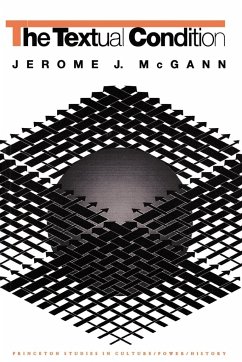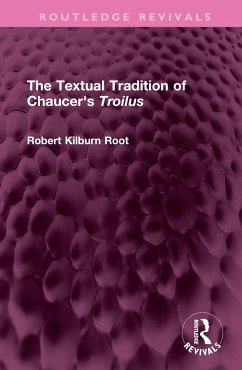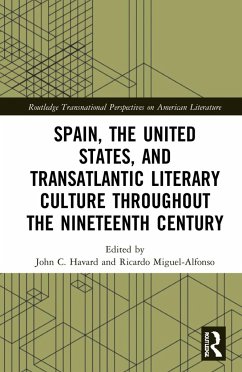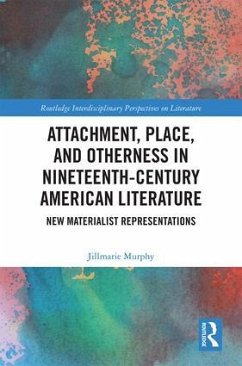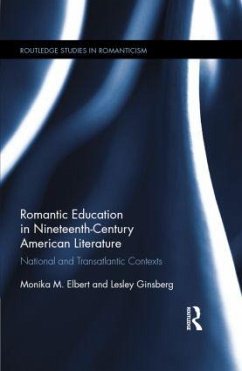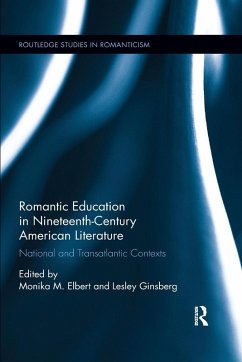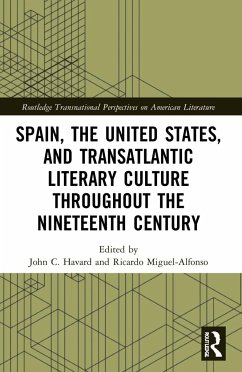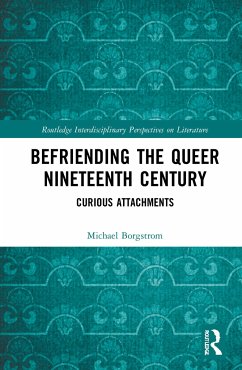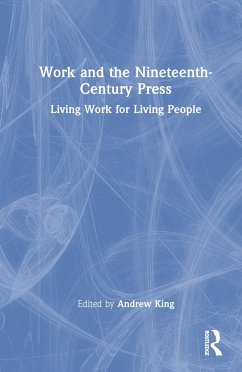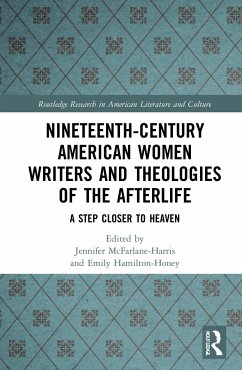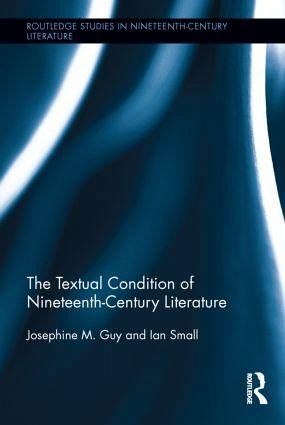
The Textual Condition of Nineteenth-Century Literature
Versandkostenfrei!
Versandfertig in 1-2 Wochen
51,99 €
inkl. MwSt.
Weitere Ausgaben:

PAYBACK Punkte
26 °P sammeln!
In this important new book, Guy and Small develop a new account of literary creativity in the late nineteenth century, one which combines concepts generated by text-theorists concerning the embodied nature of textuality with the empirical insights of text-editors and book historians. They pay particular attention to the theoretical relationship between a work and its versions, examining how an understanding of the history of a work 's textual embodiments has implications for how critics value and identify it. Examining poetry, fiction, non-fictional prose and drama, this volume addresses complex questions about the nature of literary value and the formation of the canon through a discussion of textual materiality rather than materialism or ideology (as has habitually been the case).
In this important new book, Guy and Small develop a new account of literary creativity in the late nineteenth century, one that combines concepts generated by text-theorists concerning the embodied nature of textuality with the empirical insights of text-editors and book historians. Through these developments, which the authors term the 'textual turn,' this study examines the textual condition of nineteenth-century literature. The authors explore works by Dickens, Wilde, Hardy, Yeats, Swinburne, FitzGerald, Pater, Arnold, Pinero and Shaw, connecting questions about what a work textually 'is' with questions about why we read it and how we value it. The study asks whether the textual turn places us in a stronger position to analyze the value of a nineteenth-century text-not for readers of the nineteenth century, but of the twenty-first. The authors argue that this issue of value is central to their discipline.




